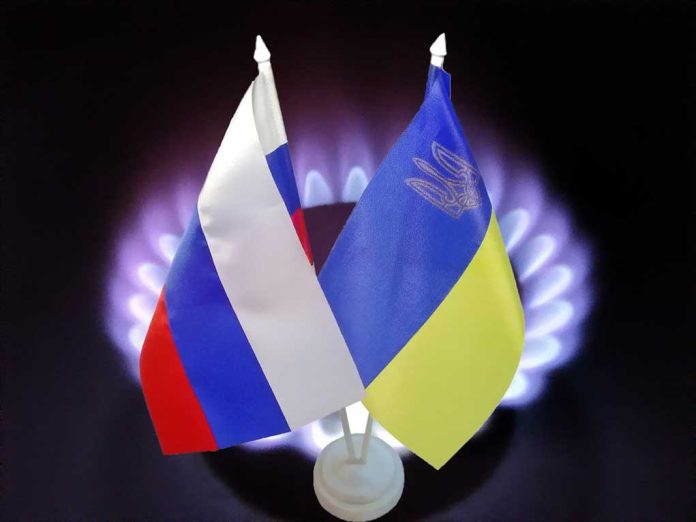
The oil market may hold the key to peace in Ukraine, as Trump proposes lower oil prices to potentially influence Russian negotiations.
Key Takeaways
- The Kremlin argues oil prices do not affect national security decisions regarding Ukraine.
- Russia’s dependence on oil makes it vulnerable to economic pressures exacerbated by Western sanctions.
- Trump’s proposal links falling oil prices to potential leverage in peace negotiations.
- Russia counters Trump’s suggestion, stressing commitment to the OPEC+ format.
- Significant drops in oil prices have been reported, impacting Russia’s GDP and budget revenue contributions.
Oil Prices and Peace Proposals
Donald Trump has suggested that lower oil prices might serve as a catalyst for peace in Ukraine. He reasons that these falling prices could put economic pressure on Russia, encouraging a diplomatic resolution. Trump’s argument hinges on the idea that financial incentives can significantly influence geopolitical decisions. Essentially, Russia’s economy’s dependence on oil production makes it susceptible to price changes, especially under current international sanctions due to its Ukraine invasion.
Russia appears to dismiss this notion. Dmitry Peskov, spokesman for President Vladimir Putin, stresses that their decisions regarding Ukraine are not influenced by oil prices. Instead, Peskov cites Russia’s commitment to the OPEC+ format as essential for managing oil-related strategies. This stark difference in perspectives underscores the complexity in aligning economic conditions with political motives.
Economic Pressures and Political Solutions
Despite Russia’s dismissal, there is a notable economic reliance on oil, with energy-related revenues contributing significantly to Russia’s GDP and budget. This vulnerability is further strained by Western sanctions, which exclude Russia from the SWIFT payment system. International partnerships, such as oil deals with China, play a crucial role in stabilizing Russia’s economy amidst these sanctions. The falling OPEC Basket Price and similar declines in Brent crude and WTI prices indicate the challenging economic landscape Russia faces.
The U.S.’s influence, particularly regarding security guarantees to Gulf producers, hints at a potential American leverage point. As Trump’s patience with the ongoing conflict wears thin, he threatens more sanctions unless Russian attacks on civilian areas cease. This aspect adds another layer to the multifaceted negotiation process ongoing between Russia and Ukraine.
The Path to Negotiations
Amidst economic turbulence, peace talks continue under uncertain circumstances. Trump has threatened to withdraw from the negotiation process if progress remains stagnant. Peace attempts, like Putin’s declaration of a temporary truce coinciding with Russia’s Victory Day, highlight the complex dynamics at play. While Ukraine seeks a 30-day ceasefire, Moscow remains firm on negotiations without preconditions, viewing ceasefires as premature.
A permanent ceasefire remains a mutual goal for Trump and Kyiv, yet Moscow’s stance proves to be a significant barrier. As economic conditions continue to fluctuate, Trump’s proposal of leveraging oil prices for peace in Ukraine remains in the spotlight, questioning whether financial constraints can truly sway political decisions.





